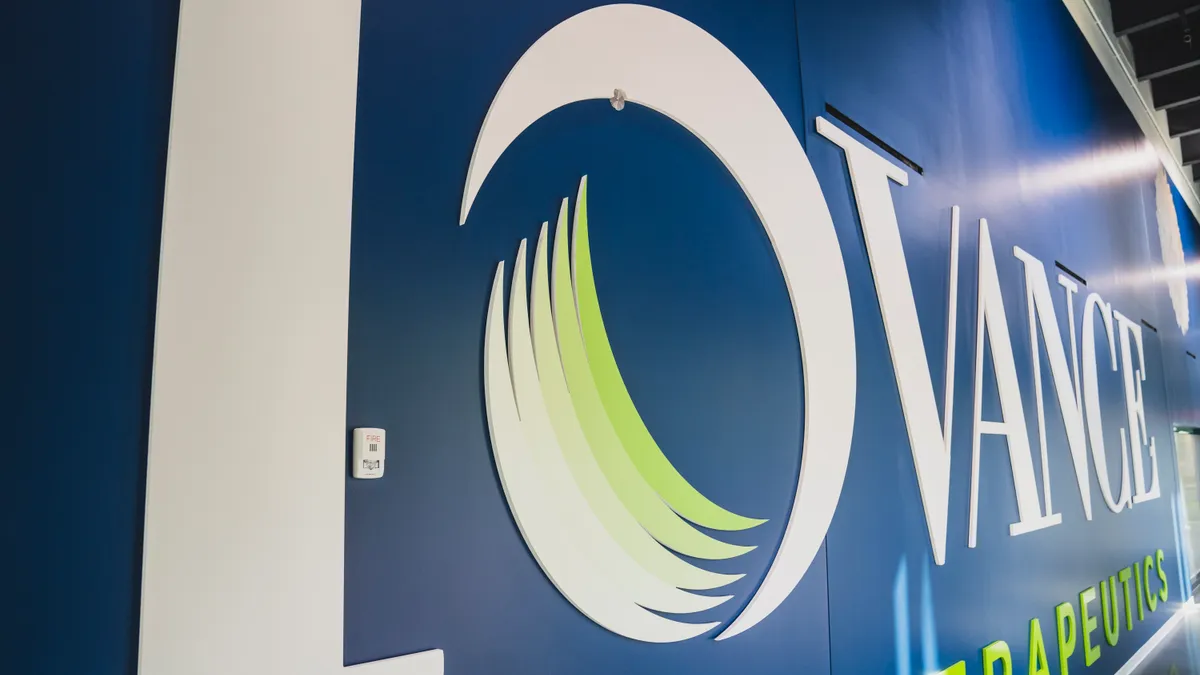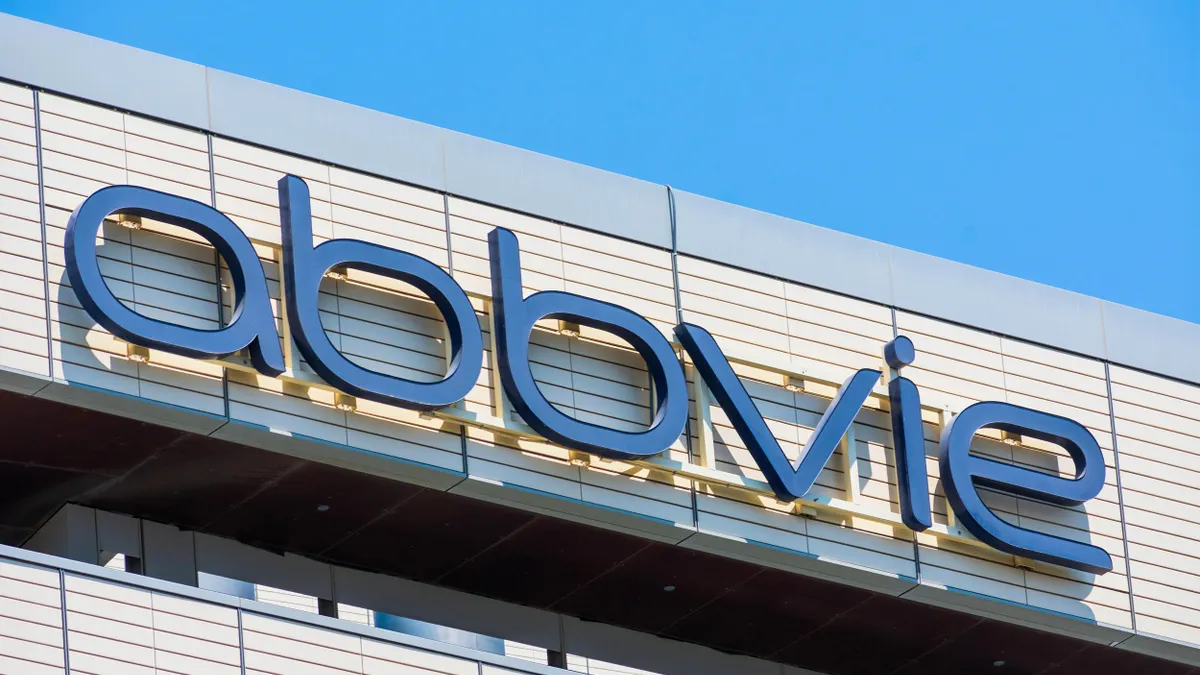A long development road has paid off for Iovance Biotherapeutics, which recently won an accelerated approval for the first cell therapy to treat advanced melanoma. The FDA OK will also swing the door open to a promising type of immunotherapy for solid tumors.
Iovance’s Amtagvi uses tumor-infiltrating lymphocytes (TIL) immune cells taken directly from the tumor and fortifies them to fight cancer.
Academic researchers have studied TIL therapy for decades, but scientific and regulatory factors slowed the path to commercialization, said Jason Bock, co-founder and CEO of the Cell Therapy Manufacturing Center (CTMC), and an expert on TIL therapy.
“This is the first cell therapy modality that has shown good results in solid tumors,” he said.
“It will blaze this trail for others to follow on with enhanced next-generation products."

Jason Bock
Co-founder, CEO, Cell Therapy Manufacturing Center
While CAR T-cell therapies have been game-changing in blood cancers, they have largely fallen flat in solid tumors, which comprise about 90% of cancers, he said. TIL therapy is a one-time treatment with the potential to cure solid tumors — some treated patients have been cancer-free for a decade or more, Bock said.
Amtagvi will cost approximately $515,00 per patent before insurance and discounts. The FDA signed off on the therapy based on its phase 2 results, but Iovance is following up with a phase 3 confirmatory trial, which will include patients with melanoma that can’t be surgically removed, has spread to other parts of the body or was previously treated with a PD-1 blocking antibody, and if BRAF V600 mutation positive, a BRAF inhibitor with or without a MEK inhibitor.
While Amtagvi will give hope to patients with no other treatment options, it may also make even better treatments possible.
“It will blaze this trail for others to follow on with enhanced next-generation products. I think those will be where we really see some dramatic impacts of TIL in the overall treatment of solid tumors,” Bock said.
Harnessing the immune system
Patients receive Amtagvi in authorized treatment centers where TILs are extracted and expanded using a proprietary process that takes around 22 days. The patient then undergoes lymphodepletion to kill existing T cells before doctors infuse them with billions of beefed-up cells, accompanied by a short course of high-dose Proleukin, an interleukin-2 (IL-2) product Iovance acquired in 2023 from Clinigen Limited. The IL-2 helps the infused cells transition from the controlled lab environment into the body, Bock said.
Treatment can result in low blood counts, infection and other organ-related complications that can be serious — risks the FDA highlighted in a black box warning. The accompanying IL-2 regimen can bring its own risks, too.
“The issue with high-dose IL-2 is that it carries its own toxicities and is a difficult treatment for patients to handle,” Bock said.
Companies developing next-generation TIL treatments are working on alternatives to IL-2, which could reduce potential side effects. The lymphodepletion process may also be problematic. In December, the FDA placed a clinical hold on an Iovance lung cancer trial after a patient died, potentially related to this process.
A difficult development road
One reason it took so long to bring a TIL treatment to market is due to one of its cancer-fighting strengths, Bock said. Unlike CAR-T cells, which have to be engineered, the body naturally deploys TILs to infiltrate a tumor’s layers to fight the cancer. The challenge is that TIL cells can get “beaten down” in the process, Bock said, and the tumor evolves to avoid or repress them.
“They don’t have the fortitude to contain the cancer. So, the goal [with TIL therapies] is to enhance and multiply them to turn them into an army capable of a successful attack,” Bock said.
TILs are also polyclonal and can recognize many targets on cancer cells. But while that makes them alluring as a therapeutic, it also created regulatory hurdles and the FDA had to hammer out a way to regulate this new kind of drug without a predefined target, Bock said.
TILs in the pipeline
Several other TIL treatments are currently in the pipeline, and many also target melanoma, Bock said. But in theory, TILs have the potential to work against a broad range of solid tumor types. For the next generation to be effective in other cancers, better manufacturing methods will be needed to fortify TILs for battle, Bock said.
While much of the work on TILs still happens in academic research centers, several companies, such as Turnstone Biologics, Lyell and Instil Bio are testing second-generation TILs, and assessing the modality against targets including breast, colorectal and ovarian cancer. Iovance is also targeting cervical cancer, non-small cell lung cancer, and head and neck squamous cell carcinoma.
Now that the FDA has approved Amtagvi, Bock predicts investment in TILs will surge, much like it did when the FDA approved the first CAR-T cell treatment.
“It's hard to be the first, but what's exciting is that after you're done with the first there's a trail there for others to build upon and improve upon,” Bock said.










